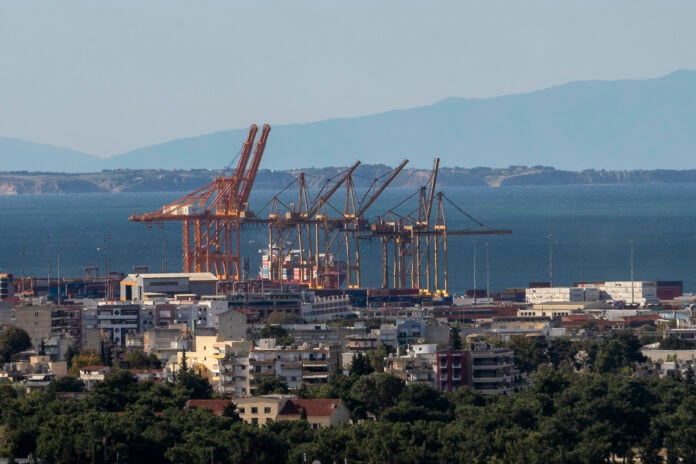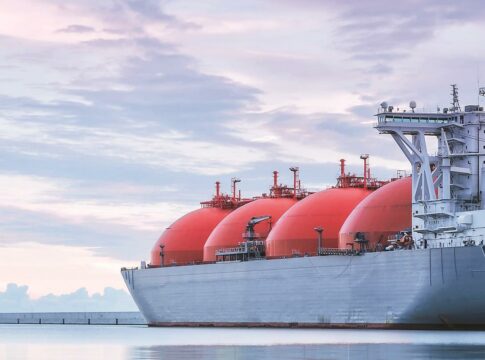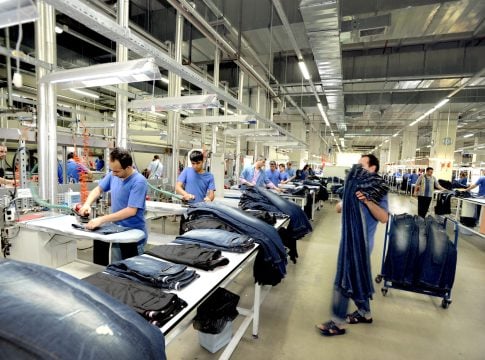The developments in the Red Sea have not significantly affected the port of Thessaloniki despite the fact that the Houthi rebels’ attacks have cost in time and money.
“A third of the world’s trade, especially in containerized cargo (cargo transported in containers) passes through Suez. The developments have forced most of the shipping companies to urgently change their route and send their ships to go around Africa, passing through the Cape of Good Hope, which causes delays of about 10 days and costs money,” Dimitris Tsitsamis, president of the Hellenic Logistics Company of Northern Greece, told the Athens-Macedonian News Agency (ANA-MPA).
If the cost to transfer a container from the Far East to the Mediterranean was about 1,400 euros last December, the price has now soared to approximately 2,500 euros.
“Re-routings and delays as well as the increased costs, put pressure both on consumers and the companies, many of which time charter ships. For a small-sized ship, the time charter is around 30,000 euros per day and for larger ones the cost increases significantly, so it becomes obvious what a ten-day delay spikes cost for a company,” Tsitsamis noted adding that if the situation continues as it is, then the impact on shipping companies and logistics will be huge, given the volume of cargo moving through Suez and the cost of re-routing.
In general, however, other sources noted, re-routing around Africa is seen as a viable solution for the time being, despite the significant rise in freight rates, at a triple-digit rate. In any case, the serious problems caused recently the reaction of the European Sea Ports Organization (ESPO), which – in its announcement – expressed its concern about the effects on European ports from the escalation of the crisis in the Red Sea.















